Rethinking Business
- Covid-19 Leaf Print Edition
- July 1, 2020
- 0
- 0
- 17 minutes read
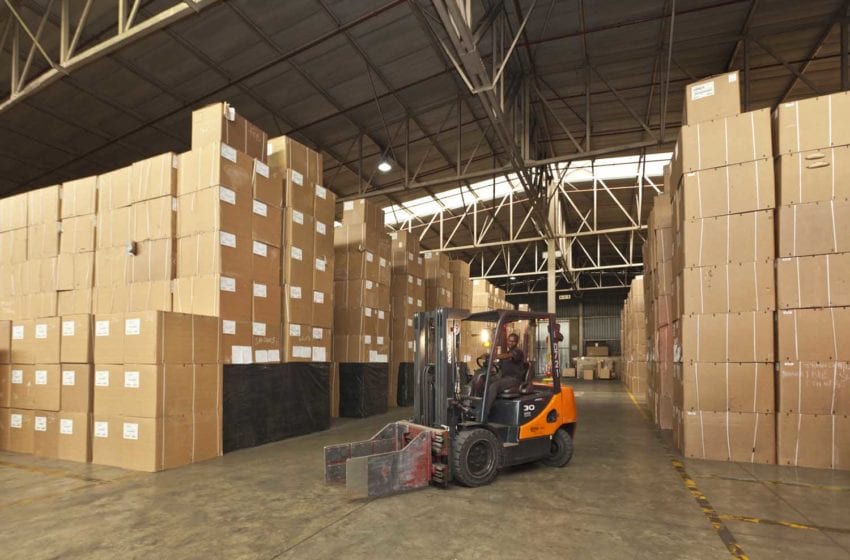
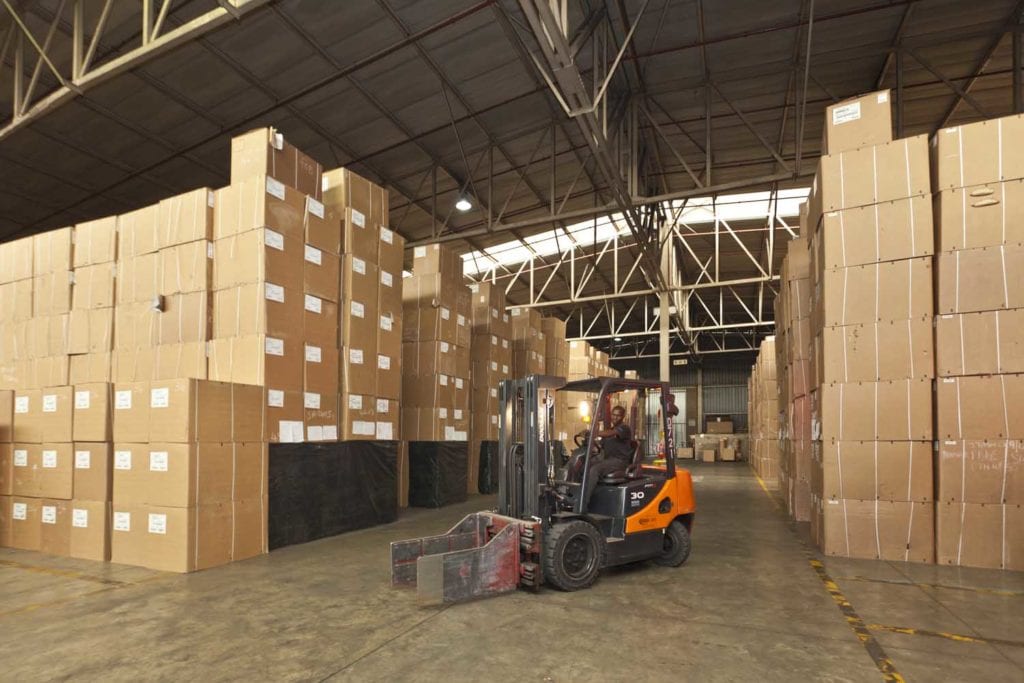
The impact of the Covid-19 pandemic may endure after the crisis.
By George Gay
The Covid-19 pandemic has created a lot of problems for the leaf tobacco trade, problems that have ranged from irritations to major hurdles, but it has been reasonably even-handed with them. While one business might have been in a better position than another to deal with these problems because of, say, its contacts or the strength of its business model, all businesses have had to face similar problems.
This was brought home to me by a comment made by Rainer Busch of NewCo when he opined that nobody really knew how to do business in the current circumstances. In an email answer to a question about predicting future unmanufactured tobacco trade, he responded with a question of his own: Who knows what comes next? The additional level of doubt caused by the pandemic, he said, was an obstacle for everyone trying to forecast requirements and sales. Every company, he suggested, would be concerned about the future.

Busch’s main problems so far have had to do with logistics. Movements within Europe had been difficult because travel restrictions and infection warnings had limited the availability of trucks, he said, a problem that had been exacerbated by closed border crossings. This had meant that, for a while, transport prices had risen significantly, though now [Busch’s email was dated May 22], with lockdowns easing, the situation was changing, and transport companies were having to compete for orders.
Looking at the wider picture, shipping problems had been caused initially by a lack of containers, which were bunkered in large quantities in China, and even now, some ports are still functioning only to a limited extent. At the same time, not being allowed to travel had changed tobacco business culture, said Busch, though he intimated that the industry was nothing if not innovative and flexible. Although it was usually necessary to visit the countries of origin to gain a full picture of crop quality and market conditions, business was still being conducted. Investments had been made in internet communications, and home office work had been introduced.
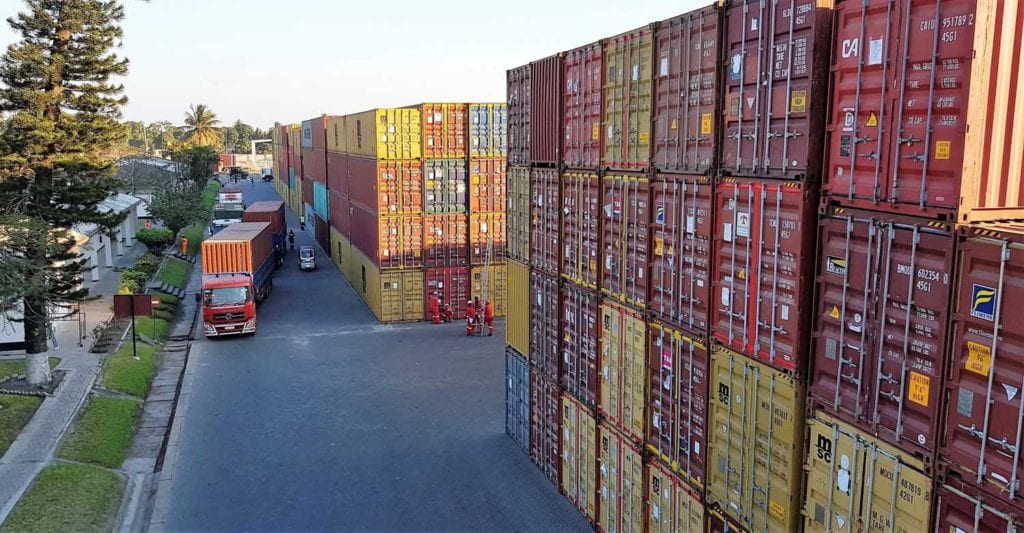
Protecting stakeholders
All companies that responded to TR’s request for information have relied on switching to remote working and conferencing, and it is alarming to consider what might have happened if the pandemic had struck in pre-internet days. Premium said in a June 1 email message that its primary response to the pandemic had been focused on protecting its employees and their families by conforming to or surpassing the requirements of the countries in which it operates. But, at the same time, it had been at pains to reassess the way it operated so as to find innovative ways of protecting its business interests, in part by replacing the traditionally crucial personal contacts with remote working and conferencing systems. For the time being, all nonessential business travel had been suspended while the company monitored the situation.
Protecting the interests of its staff and customers, however, has not been easy. Grant Readings said that at times it had been difficult to deal with regulations that differed from country to country, though he added that Premium had managed so far to keep its companies operating at a reasonable capacity by having its management teams stay vigilant and fully engaged with the authorities and other industry stakeholders in the countries in which they operated.
Interestingly, Readings said the pandemic had not severely disrupted communications between the company’s agronomists and growers and that the company had interacted with the authorities and relevant stakeholders in Brazil, Malawi, Tanzania, Uganda and Zimbabwe to ensure that buying operations were secure and efficient while remaining transparent. Premium’s Brazil factory had been running at capacity, and the company was expecting that all processing in Argentina, Malawi, Tanzania, Uganda and Zimbabwe would continue with relatively little disruption. Keeping other facilities open and functioning was described as an ongoing challenge but one the company was determined to meet.
Most people have been affected by travel restrictions, and Readings said Premium’s customers had been unable to visit the various countries of origin to inspect tobacco as they normally would. For this reason, some disruption in ordering patterns was expected, and, potentially, the shifting of some product inspections to destination ports. At the same time, the reduction in available shipping routes and in the frequency of services on some of the available routes had led to longer-than-usual delays in shipping, but Premium indicated it was working with customers to minimize such delays.
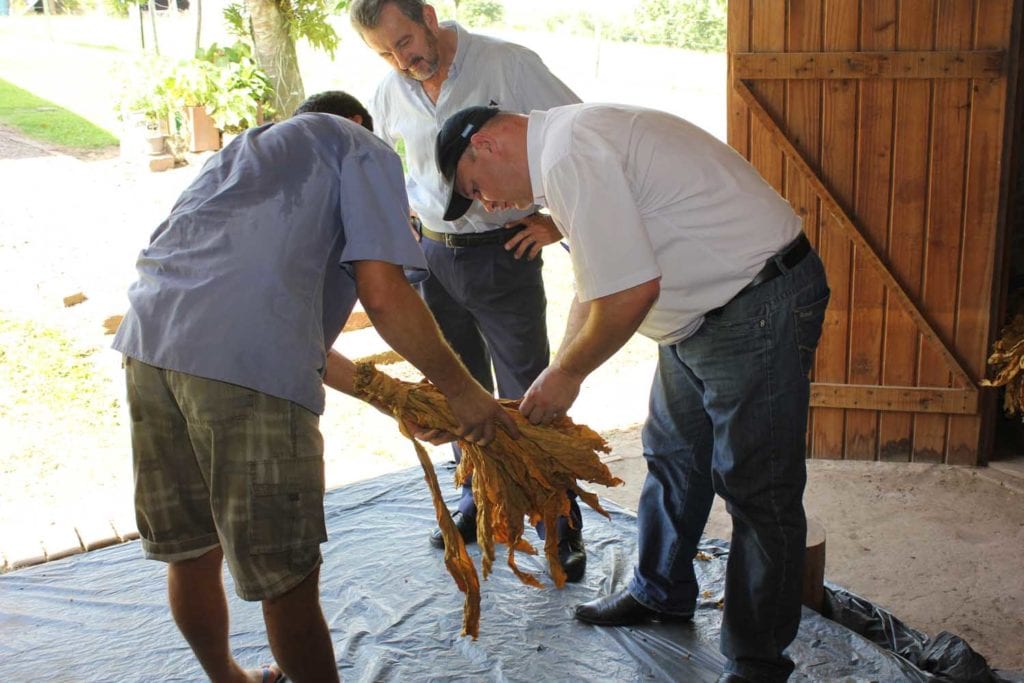
Beyond the mitigation plans
Overall, and given the way that people’s lives have been hugely and negatively affected by the pandemic, the outlook for the leaf tobacco trade is generally optimistic. Readings said there had been no major slowdown in demand for leaf tobacco, and he wrote of a possible future increase in demand for flue-cured, stable demand for air-cured burley and increased interest in better-value dark fire-cured and oriental. Premium, he added, believed business could start to normalize in the next three months to five months [August–October].
In part, this optimism springs from the supply side since the major production countries of South America and Africa are still operational. On the demand side, Readings said, it was assumed that some of the bigger manufacturers were reviewing their requirements in light of whatever impact the pandemic was having on consumption while regional and smaller manufacturers were expected to increase their buying activities from about July as is traditionally the case.
Meanwhile, in a May 21 email comment that seemed to echo Busch’s remark about the difficulty in knowing what to do in the present circumstances, HN Ramprasad, chief executive of ITC Leaf Tobacco Business, made the point that while the Covid-19 pandemic struck quickly, giving businesses little time to respond, it also set challenges not covered by existing risk and mitigation plans.
Nevertheless, he said, ITC’s deep links with the farming community and its presence across the supply chain meant that it was able to act swiftly in supporting growers in crop production thereby ensuring the continuity of its operations all the while adhering to the Indian government’s health and safety directives.
When the government announced a lockdown on March 24, India’s internationally oriented leaf tobacco industry faced two different challenges. Flue-cured tobacco growers in Karnataka were preparing for their planting season while those in Andhra Pradesh had almost finished curing their tobacco and were getting ready for auction sales.
In Karnataka, ITC’s local field staff helped ensure there were adequate supplies of quality seeds and the village nursery areas needed to grow them, and it supported growers in respect of best practices in nursery management while in Andhra Pradesh, field staff concentrated on advising growers about the best way to store tobacco on their farms so as to maintain its color and quality.
Overall, ITC, which many years ago was in the vanguard of using computers to assist growers, leveraged its technology, including an ITC app, a dedicated WhatsApp group and one-to-one phone calls along with village-based field staff, to encourage best farming and safety practices. In addition, during the lockdown, ITC’s partnership project that sets up water plants in rural villages became even more important because, as well as providing a continuous supply of clean drinking water to more than 175,000 people, it meant that growers and workers didn’t have to travel outside their villages to fetch water for household purposes. To date, 140 water purification plants have been established to serve 200 villages.
ITC said that tobacco auctions had resumed after a 40-day lockdown in phases and amid heightened safety precautions, which meant that the pace of the auctions was slower than would normally be the case. However, the company’s warehouses and processing facilities were little affected once the necessary permissions were obtained to operate them with appropriate safety measures, which included the thermal scanning of workers, the wearing of face masks, the use of hand washing and sanitizers, and implementing social distancing rules. In fact, Ramprasad said that ITC’s processing factory had started as early as the first week of April, almost within a week after lockdown, demonstrating agility and resilience.”
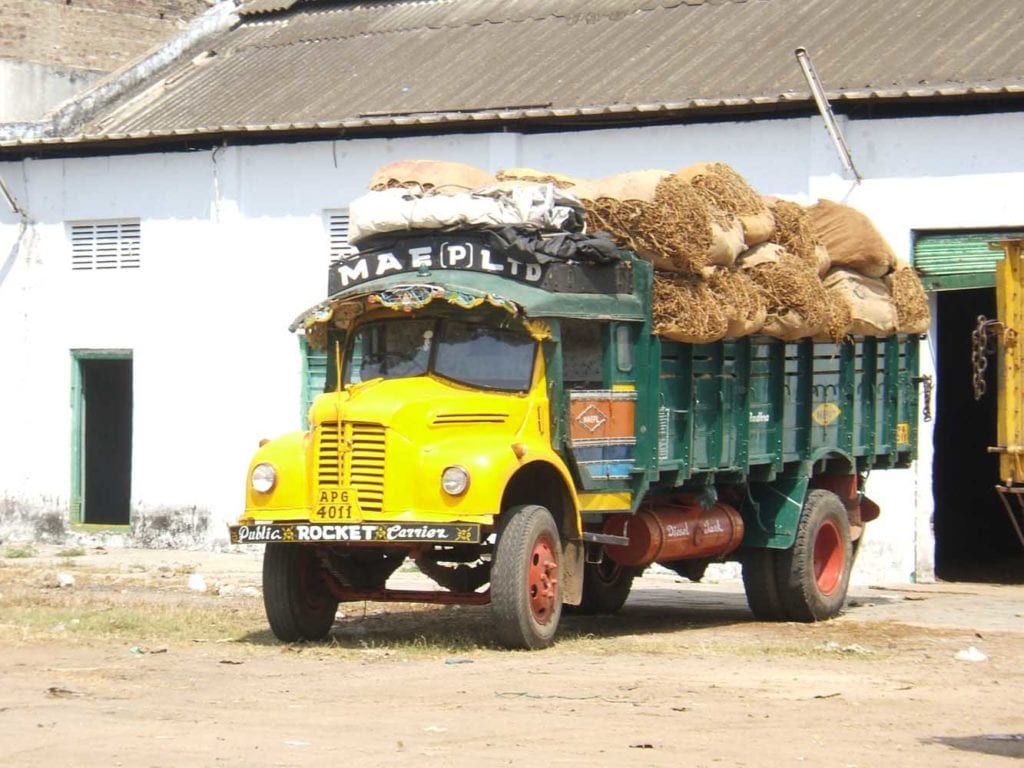
Constraints
Local transport also caused little problem given the implementation of official safety procedures, but interstate movements of vehicles and port operations presented major challenges during the initial days of the lockdown as vehicles were stopped by police at check posts. But the situation eased following appropriate representations, and ITC reported that, on the supply side, all activities were returning to normal at a much faster pace than had been expected.
On the other hand, said Ramprasad, the situation at end markets might take more time to return to normalcy. There were still operational issues at some destination ports, from increased restriction and documentation requirements to complete lockdowns. The reduced trading across the globe had resulted also in a reduction in the availability of containers and the number and frequency of ships.
Otherwise, from an export viewpoint, Ramprasad said the constraints had affected travel, the dispatch of samples and the acceptance of grade standards by customers. The auction market delays had meant that samples could not be sent on time to allow customers to confirm orders for the new crop, which could lead to a reduction in demand for 2020 India crop tobaccos, though the extent of such a reduction was difficult to estimate at the time.
Ramprasad said he expected the industry to experience a short-term slowdown due to the impact of the Covid-19 pandemic, but he said he was “hopeful of regaining full demand for Indian tobacco in [the] long run due to its versatility and ability to deliver consistent supply of superior sustainable product at competitive prices.”
There is no doubt, however, about the short-term damage that has been caused. Maddi Venkateswara Rao, director of the India-based, unmanufactured tobacco supplier, Maddi Lakshmaiah & Co. (ML Group), made the point that the pandemic’s effects would mean that every business would be negatively affected up to the end of this year and perhaps beyond and that tobacco was not going to be exempted.
In a May 25 email, Rao said the ML Group was still assessing the situation and that it was too early to conclude whether the aftermath of the pandemic would bring a downturn or upturn in demand for leaf tobacco. Much would depend upon the cultivation and consumption policies of the largest tobacco producer, China. But he added that, following the pandemic, there was a possibility that global cigarette sales would be affected and the ML Group, a supplier to the global market, was concerned about how this might turn out.
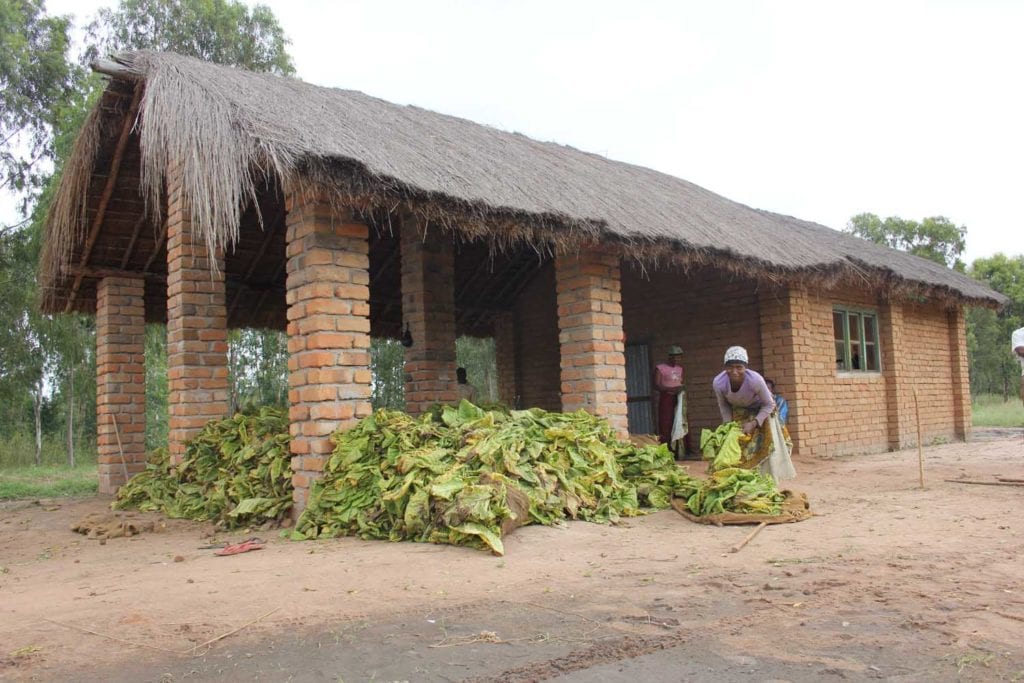
Lasting impact
But that is for the future. Leaf businesses have suffered substantially already. Rao described how during India’s lockdown, the ML Group’s tobacco operations had come to a standstill—from purchasing to processing and shipping. Although some relaxations of India’s lockdown, originally set to last until the last day of May, were allowed from about May 10, in general, it was not possible to meet growers or others involved in the tobacco business, and no auctions were held.
Processing of leaf had been interrupted, which meant keeping unprocessed stocks in the company’s warehouses, something that would impact costs and therefore sales. It had been impossible to keep facilities open because it was not possible to guarantee the safety of workers, who were advised to stay at home during the lockdown and to take all precautionary measures by following government guidelines. By virtue of their nature, said Rao, tobacco operations could not be done sitting at home online.
Travelling had been seriously disrupted by the lockdown, said Rao, and there had been no new movements of cargo either by road or ship. The ML Group had faced difficulty in supplying customers with documents relating to tobacco already in transit, and it had had further difficulty in obtaining documentation, such as phytosanitary certificates. Subsequently, financial inflows and outflows were disrupted.
But perhaps there is light at the end of the tunnel. Shortly before Rao responded to TR’s questions, lockdown relaxations had seen the resumption of about 30 percent of public transport and the ML Group was able to resume processing operations on a limited scale, adhering to government guidelines in respect of physical distancing and by providing personal protective equipment, including masks and sanitizers.
Finally, looking to the future, Busch, whose comments opened this piece, thinks that the experience of the pandemic will have a permanent, or at least long-term, impact on the future of the leaf business, with fewer trips being made and more work from home being allowed. “Fortunately, we have our representatives and partners in most origins and are therefore always up to date on information about crop qualities, market developments and availabilities,” he said. “I miss being able to visit the origins to do my own crop evaluation, but the team does an excellent job of keeping me up to date.”
While in retrospect the pandemic will of course be seen in a highly negative light, perhaps some good will be gleaned from it. Perhaps in being forced to reassess how it does business, the leaf industry, for instance, will identify areas where its operations could be improved. Certainly, any reduction in air travel would be a welcome boon for the environment, which is a woefully underestimated pandemic.

